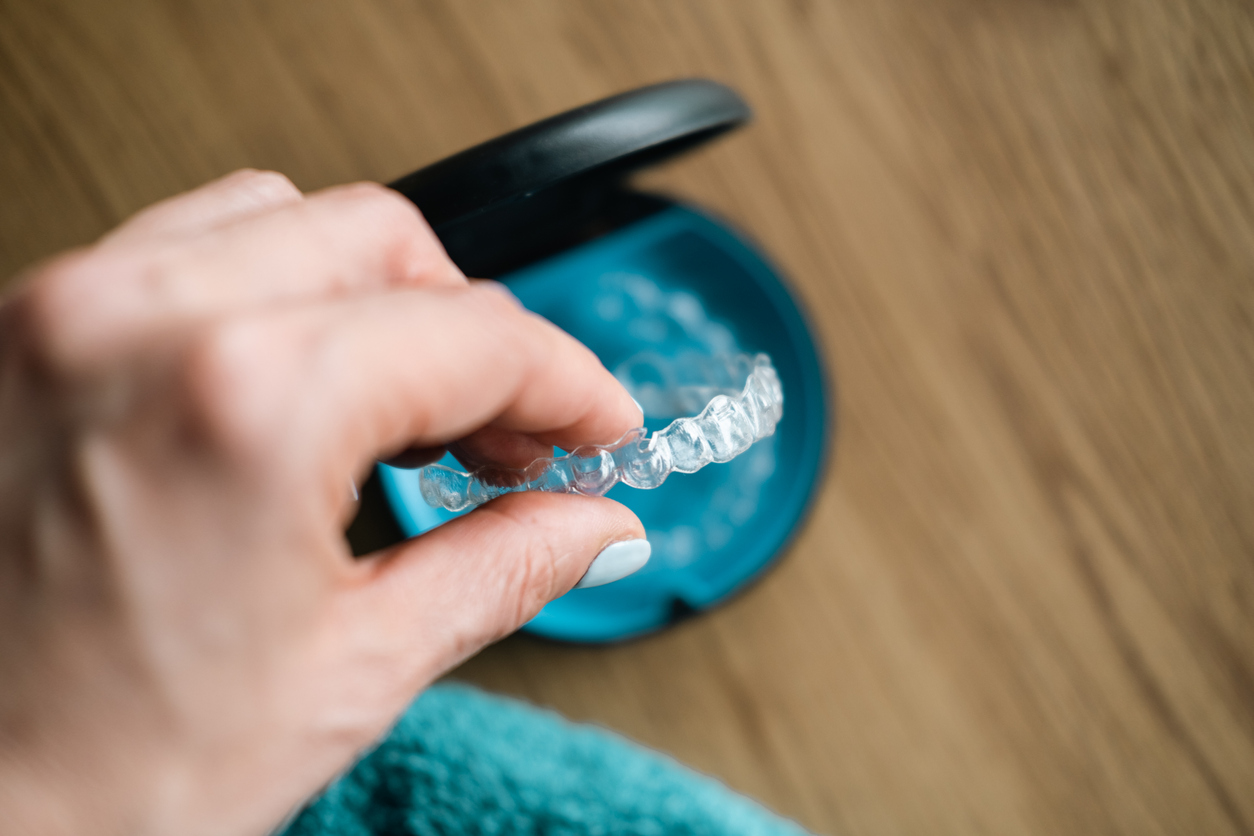An underbite, also known as prognathism, is a malocclusion where the lower front teeth overlap the upper teeth when the mouth is closed. It can cause difficulties in speaking and eating, leading to excessive teeth wear. Genetics, childhood habits, or injuries can cause underbites. Correcting an underbite is essential not just for aesthetic reasons but also to prevent health problems. If you are looking for more information on underbites and Invisalign, Cheshire Orthodontics offers state-of-the-art orthodontic treatment using Invisalign clear aligners and can discuss the different treatment options available to fix an underbite.
Understanding Invisalign Treatment for Underbites:
Invisalign is a popular orthodontic treatment using clear aligners to move teeth into the correct position gently. Invisalign can be an effective option for mild underbites caused by misalignment of the teeth within the jaw. During a dental evaluation, an orthodontist will assess your condition and determine if Invisalign is suitable for you. The clear aligners work by applying gentle, even pressure to gradually shift the teeth over several weeks, similar to traditional braces without the wires and brackets. Patients wear each tray for one to two weeks before progressing to the next one.
Benefits of Invisalign Treatment:
One of the significant advantages of Invisalign is its discreet appearance. The clear aligners are barely noticeable, making it an appealing option for those conscious of wearing braces. Additionally, Invisalign aligners are removable, allowing easy cleaning, eating, and flossing. However, wearing the aligners for at least 20 to 22 hours daily is essential to achieve optimal results.
Cases Suitable for Invisalign:
Invisalign can successfully correct many simple underbite cases where only the teeth are misaligned. Mild to moderate underbites that do not involve severe skeletal issues are ideal for Invisalign treatment. Patients with these conditions can expect to see results within 12 to 18 months, with noticeable improvements starting within a few weeks of starting the treatment.
When Invisalign May Not Be Enough:
While Invisalign is effective for many underbite cases, it may not be the only solution for everyone. Patients with severe underbites or significant jaw problems may require a combination of Invisalign and other corrective options or, in some cases, surgical intervention. Consulting with an Invisalign orthodontist with expertise in evaluating such cases is crucial to determine the best course of action.
Other Non-Surgical Treatment Options:
Apart from Invisalign, traditional braces are another option for correcting underbites. Braces work by moving the teeth into proper alignment and may be recommended for moderate to severe cases. In some instances, extracting one or more teeth from the lower jaw may help improve the underbite’s appearance. Early intervention is crucial in children, as orthodontic treatment can begin as early as age 7.
Invisalign can effectively treat many individuals with underbites caused by misaligned teeth within the jaw. Its discreet appearance and removable nature make it a popular choice for orthodontic treatment. However, severe underbites or complex malocclusions may require a combination of treatments or surgical correction. If you are considering Invisalign, Cheshire Orthodontics are experts and will work with you to achieve your dream smile. For a comprehensive evaluation and personalised treatment plan, contact Cheshire Orthodontics at 01270 297 086 to book your initial consultation today.



